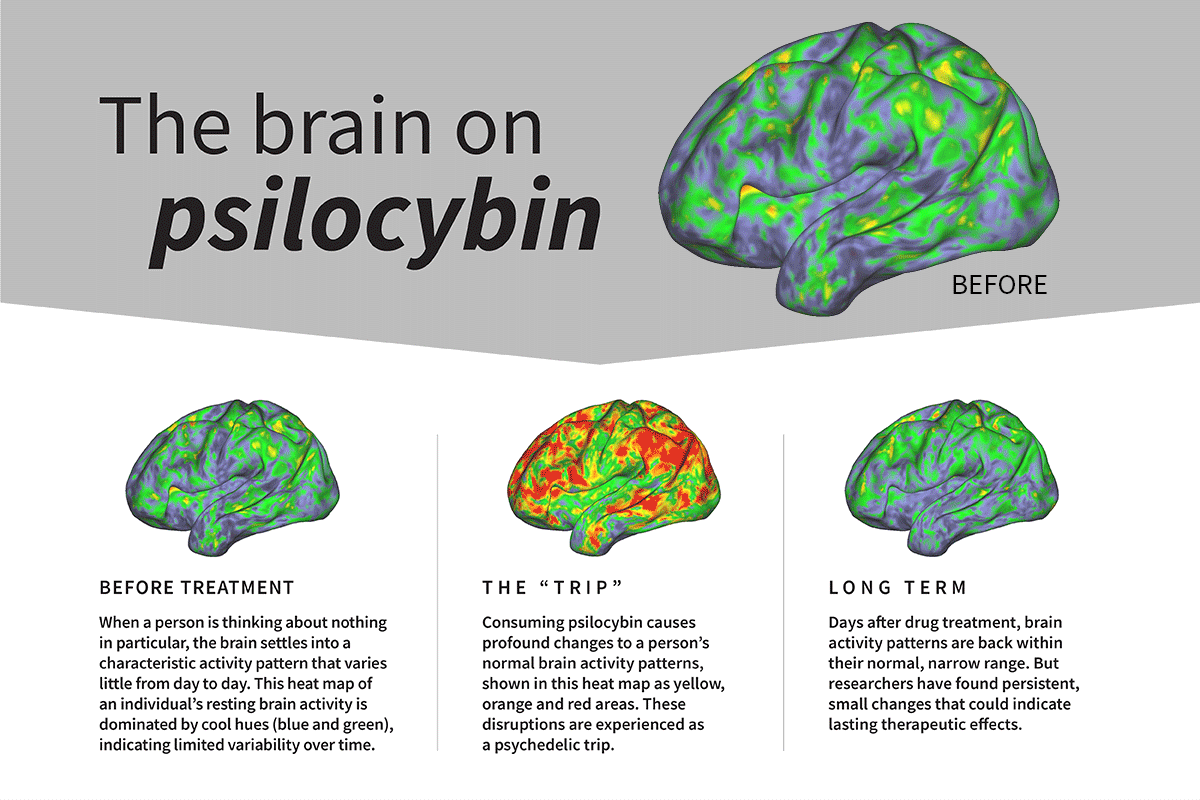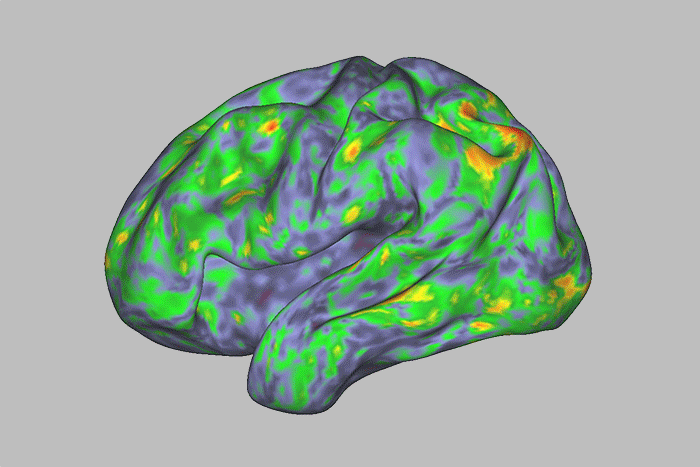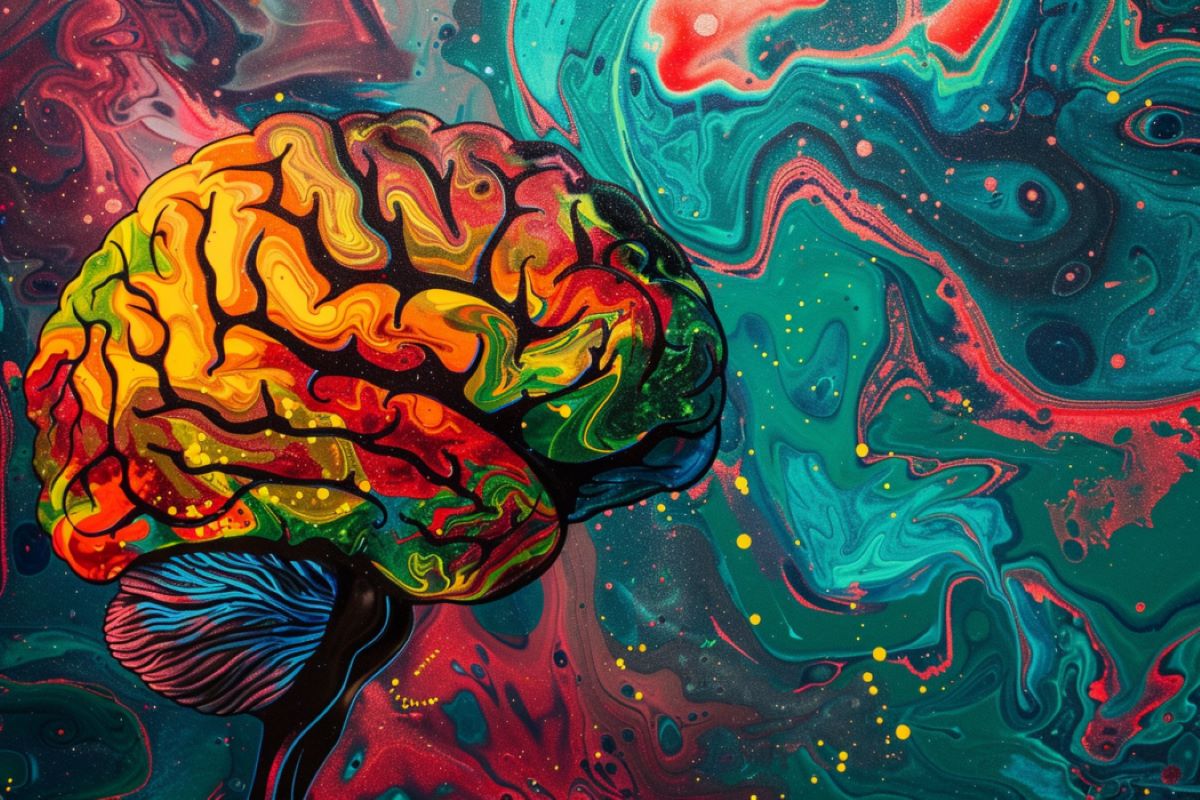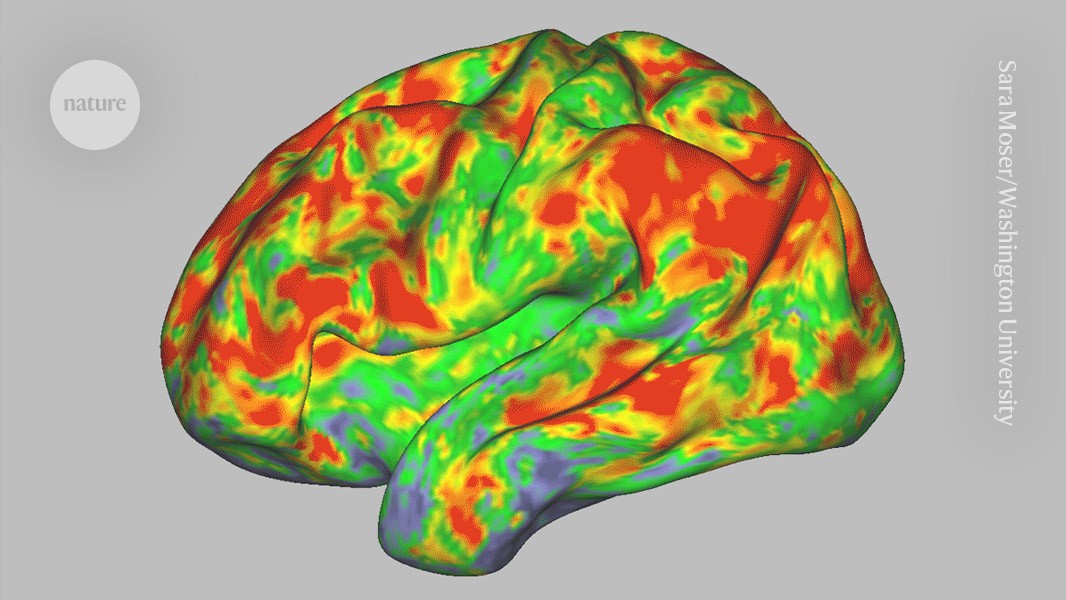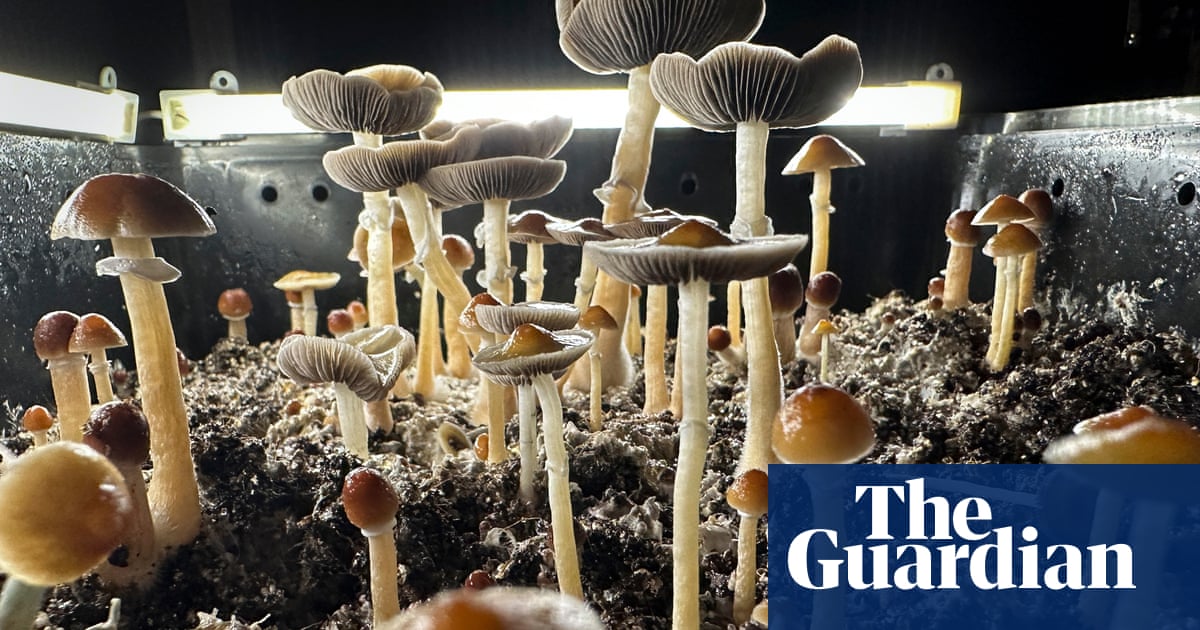
In a groundbreaking study, researchers at Washington University School of Medicine in St. Louis discovered that the psychedelic compound psilocybin found in magic mushrooms can influence brain activity for weeks after consumption. The team, led by Dr. Joshua Siegel, carried out a randomized control trial with seven healthy participants who had previously taken psilocybin.
The study revealed that taking psilocybin was associated with a loss of synchrony in the default mode network (DMN), which is responsible for creating a sense of self and linking to perception of space and time. This disruption lasted for three weeks after the dose, shedding light on why taking psilocybin can result in altered perceptions.
The researchers noted that this finding may help explain reports of increased flexibility in how people view themselves and their relationship to their environment after taking psilocybin. This plasticity is thought to underpin psychedelic-based interventions for conditions such as treatment-resistant depression by making the brain more open to therapy.
The study also highlighted the importance of understanding precisely how psilocybin affects the brain, as it has shown promise in treating mental health disorders like depression and PTSD. However, medical supervision is necessary during its use due to potential risks and unpredictable effects.
Psilocybin showed promise as a treatment for depression in the 1950s and 60s but research was halted due to restrictive federal drug policy. The current study provides a roadmap for evaluating the effects of psychoactive drugs on brain function, potentially accelerating drug development efforts for various psychiatric illnesses.
Sources: [1] Washington University School of Medicine in St. Louis (2024). Psilocybin generates psychedelic experience by disrupting brain network. ScienceDaily. [2] Dosenbach, N. U., Nicol, G. E., & Siegel, J. S. (2024). Mind-Bending: Psilocybin Reshapes Brain Networks for Weeks. [3] Nature (2024). Your brain on shrooms — how psilocybin resets neural networks
